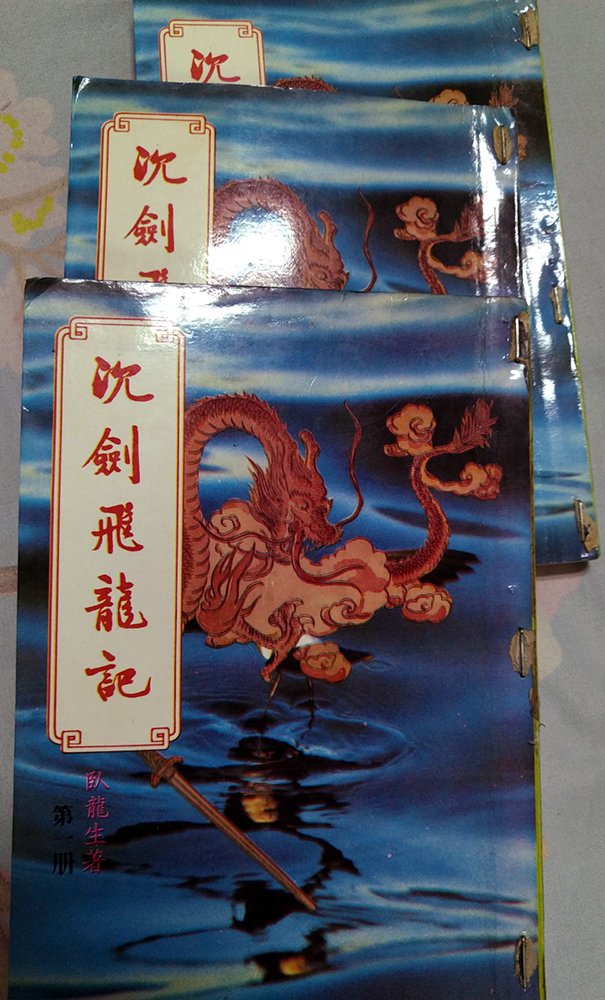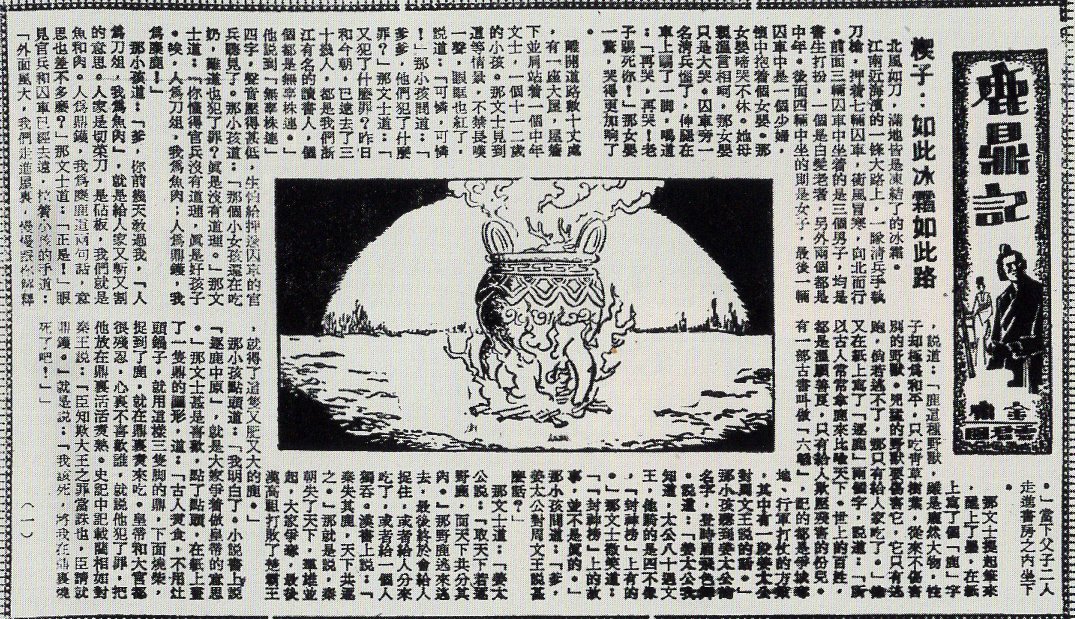
More questionable translating from A Hero Born, vol.1 of LOCH. (pg. 199) "Chimpanzee"??? You know cause of all those chimps in CHINA. lol. (Chimps are native to Africa).
#wuxia #武俠 #JinYong #金庸
#wuxia #武俠 #JinYong #金庸

This is a martial arts move from the YUE MAIDEN swordplay, which should have been a tip off to what this meant. 白猿 refers to a famous Tang dynasty story. 猿 is often translated generally as "ape", but strictly speaking it's a gibbon.
Also seeing an unprofessional number of typos as I flip through this. I believe I have a first printing, so I dunno if they were corrected later but, whew.....
Or how about this one, from pg. 1. 煙草 is translate "tobacco"... Tobacco in the Song dynasty? It's smoldering fields after a village was burned, which the storyteller tells us on pg.2. According to Chinese History: A Manual, tobacco reached China in the 16th century. 

There's no mention in the Chinese of "fallow". There is 茫茫, which means off in the distance. Burning fields in the distance attract evening crows. (No mention of evening in the translation either).
There's nothing about venting sorrows either. The last two lines are: The crumbled walls around old wells were once people's homes.
There's no "in times past".
There's no "in times past".
• • •
Missing some Tweet in this thread? You can try to
force a refresh















